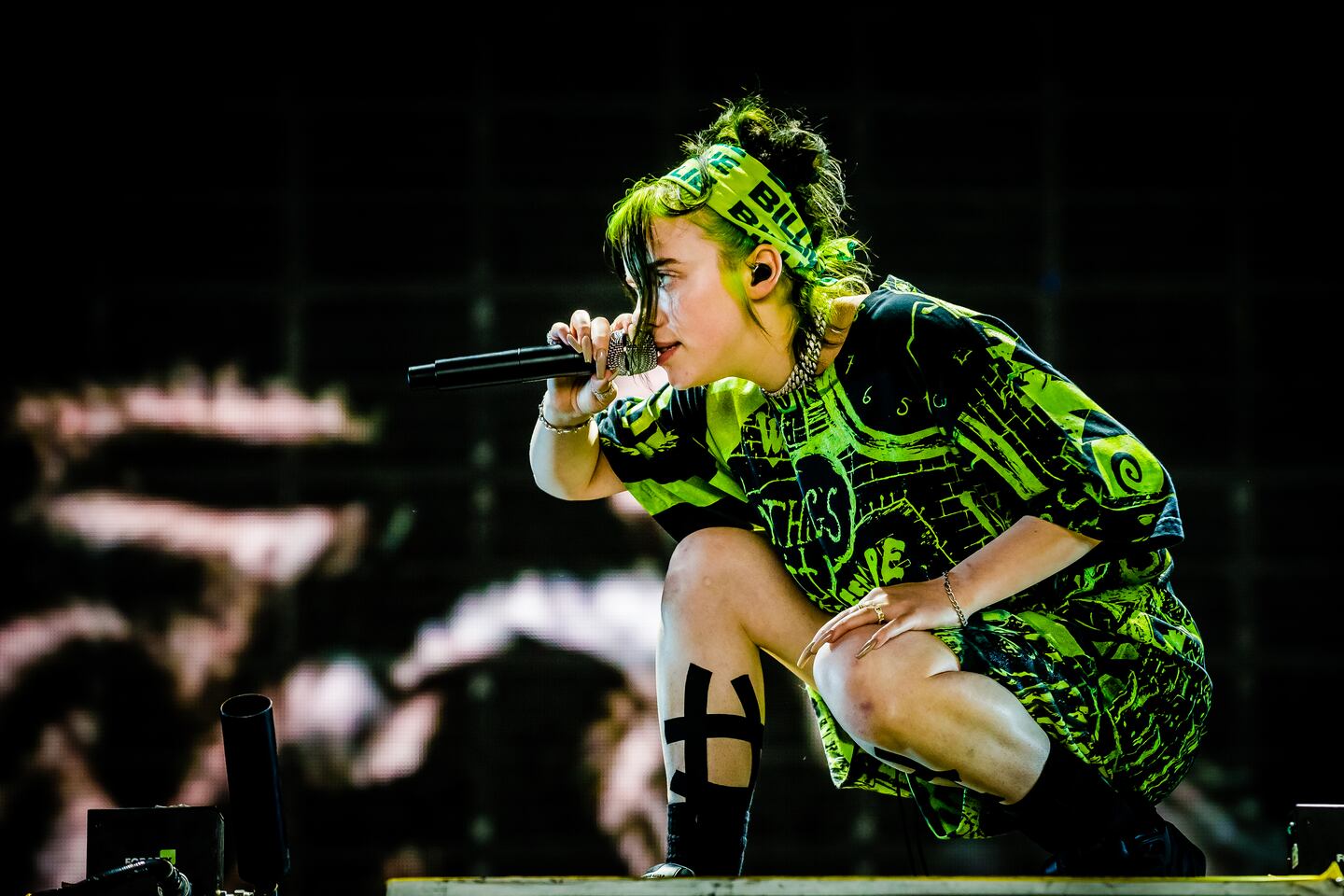
The Business of Fashion
Agenda-setting intelligence, analysis and advice for the global fashion community.

Agenda-setting intelligence, analysis and advice for the global fashion community.

Billie Eilish has opened a cross-border e-commerce store on the Tmall Global platform, selling a range of her “blohsh” branded apparel and accessories.
The store sells hoodies, hats and necklaces priced between 130 to 500 yuan (approximately $20 to $75).
Eilish is just the latest international celebrity to plug into China’s booming e-commerce ecosystem. During last year’s Singes’ Day festival, Tmall Global partnered with Bravado, Universal Music Group’s merchandising and brand management arm, to launch merchandise tied to Taylor Swift’s latest album “Folklore” in China, two weeks ahead of other parts of the world.
Justin Bieber’s Drew House brand also has an e-commerce presence in China, launching its own store via WeChat mini-programme in March 2020.
With consumers tightening their belts in China, the battle between global fast fashion brands and local high street giants has intensified.
Investors are bracing for a steep slowdown in luxury sales when luxury companies report their first quarter results, reflecting lacklustre Chinese demand.
The French beauty giant’s two latest deals are part of a wider M&A push by global players to capture a larger slice of the China market, targeting buzzy high-end brands that offer products with distinctive Chinese elements.
Post-Covid spend by US tourists in Europe has surged past 2019 levels. Chinese travellers, by contrast, have largely favoured domestic and regional destinations like Hong Kong, Singapore and Japan.